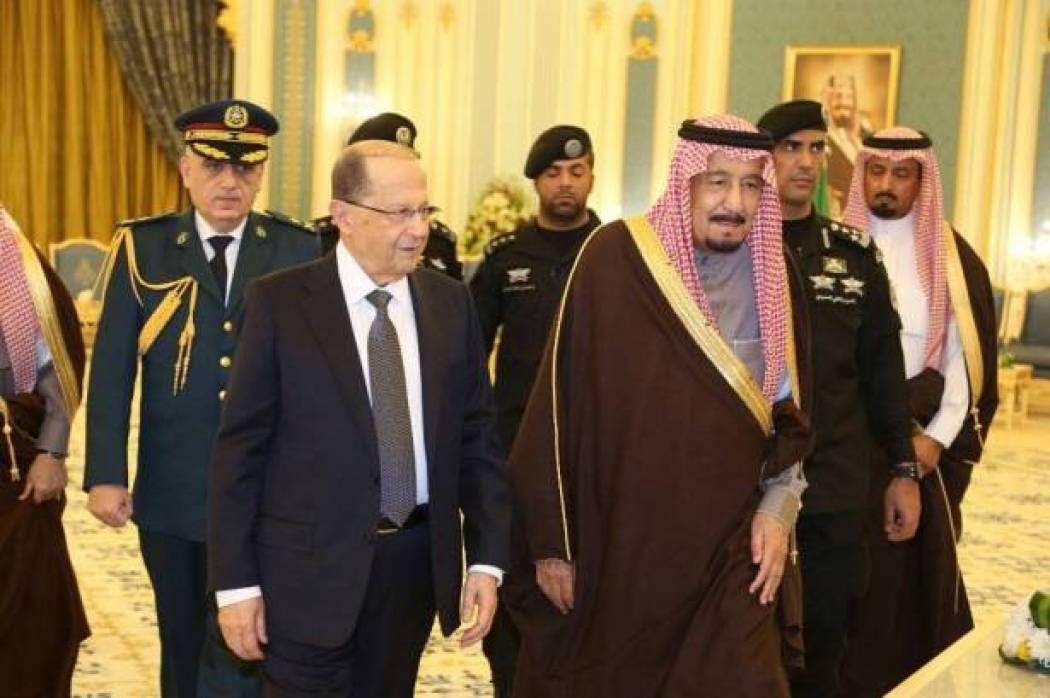Speaking in an interview with the website of the Strategic Council on Foreign Relations, Ahmad Dastmalchian, referred to the resignation of Lebanese Minister of Information George Qardahi following pressure from Saudi Arabia and some Persian Gulf littoral states, and said: With this clumsy behavior, Saudi Arabia, like its other interventionist policies, wanted to prevent dissemination of truth, but against its will, this message was spread in a very large circle and the range of his anti-Saudi statements, and in defense of the people of Yemen, increased more than was expected.
Arab world public opinion Condemns Saudi Arabia
Stating that Mr. Qardahi’s message was real and logical from the point of view of the nations of the region, he referred to the humanitarian crisis and the crimes of the Saudi coalition in Yemen, for which Saudi Arabia is responsible according to human rights organizations, and added: Saudi Arabia is condemned in the public opinion of the Arab world and has an ugly and violent face. They have never been happy with the arrogant behavior of Saudi Arabia. It should be noted that in the Arab world, there is a growing free thought movement that the cradle of which can be considered as Lebanon.
The former Iranian diplomat in Lebanon, referring to remarks by French President Macron who said if necessary reforms were made by the Lebanese government Saudi Arabia would play an economic role in that country, said: France has long had a traditional influence in the Arab world and Mr. Qardahi, who is himself a Christian, intended to treat Mr. Macron’s visit to the region with some kind of respect. Mr. Qardahi wanted to pave the way for Macron to mediate to resolve tensions.
Dastmalchian continued by saying that the public opinion was completely in favor of Mr. Qardahi and opposed to Saudi Arabia’s approach and noted: Following Qardahi’s remarks, the Saudi government intervened and gave him 48 hours to apologize, and the UAE, Kuwait and Bahrain summoned their ambassadors in support of Saudi Arabia. Saudi Arabia also banned food imports from Lebanon. As political and economic pressures increased, with his resignation, Qardahi actually sacrificed himself to reduce the pressures.
Lebanese prime minister, second loser in political conflict
Referring to Najib Mikati’s remarks after Qardahi’s resignation, who said his government was honoring its reform commitments and that contacting Macron and bin Salman was an important step in returning to historic relations between Lebanon and Saudi Arabia, he called the Lebanese prime minister as the second loser in the political dispute and added: Unfortunately, Mikati damaged his reputation at the beginning of the work and it does not seem unlikely that he will be able to succeed against the Saudi pressures until the end of the road with such lost positions and credibility.
The analyst of West Asia affairs, commenting on continuation of Saudi Arabia’s policy of interference and pressure on Lebanon’s internal affairs, said: Saudi Arabia has had open interventions against Lebanon’s national interests on its agenda for many years. Saudi security and political interventions and damage to Lebanon have been observed many times, and it has even cooperated with the Zionist regime in this direction.
Saudi efforts to create crisis in Lebanon
Emphasizing that Saudi Arabia is trying to dominate the Lebanese political structure, he called the boycott of Lebanon under the pretext of George Qardahi’s remarks as an excuse from that country and said: The main problem of Riyadh is the presence of Hezbollah in that country. In any case, Saudi Arabia seeks to create unrest, form a kind of political vacuum and create crisis in Lebanon, to drag the Resistance into a civil war, and to tarnish the image of the resistance in that country. Therefore, with Mr. Qardahi’s resignation, Saudi Arabia will not take a positive step to solve Lebanon’s economic problems.
Meanwhile, Dastmalchian referred to Saudi Arabia’s attempt to make criticism of Riyadh costly, and said: In Lebanon, parties, groups and the people are free to express their opinions, and the number of parties in that country is very high. Lebanese society and political structure are fundamentally different from Saudi Arabia and far from other Arab countries in those areas.
The West Asia affairs analyst, saying that the Saudi government is afraid of the waves of freedom and democracy-seeking in the region and among the Arab nations, therefore, by using any means and with primitive behavior, it prevents expression of the slightest opposite view.
Dastmalchian said: Saudi Arabia is involved in power struggle and internal disputes; the social movement of transition from tradition to modernity, and with such pressures from Arab countries, it is frightened and resorts to such measures; actions that make the waves wider and deeper.










0 Comments